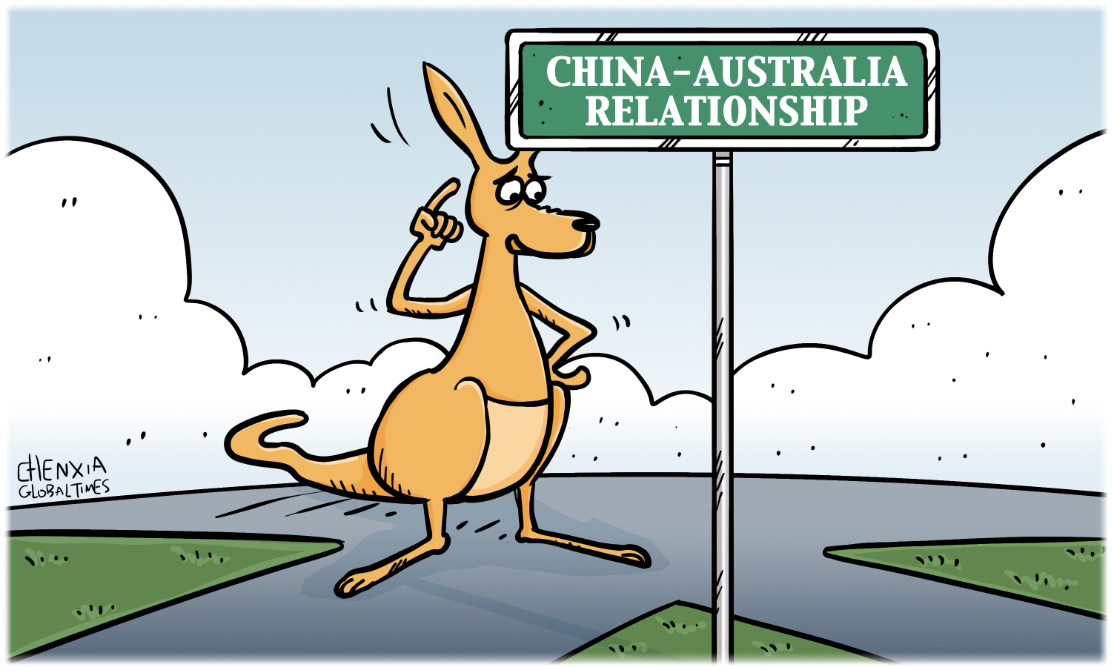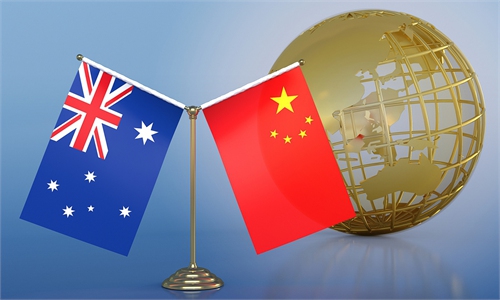
Australia
Anthony Albanese, the prime minister of Australia, arrived in the US on Sunday for a four-day visit. Although Albanese and US President Joe Biden have had multiple bilateral encounters in various nations and areas, Albanese's first official visit to the US holds significant importance for both administrations. At the same time, Australia announced Albanese's November visit to China. Australian observers and media tend to liken Albanese's China trip to Gough Whitlam's historic visit to China 50 years ago, thinking that now is a critical moment in defining the future of China-Australia relations.
Albanese's consecutive visits to the US and China have provided an opportunity to evaluate his China policy and determine if he can maintain a balance between major powers in the increasingly complex setting of the China-US competition.
The implementation of AUKUS and critical mineral cooperation would be the topics of major concern during the US-Australia talks, according to Reuters. In March, the leaders of the US, the UK and Australia jointly announced the roadmap for the development of AUKUS at the US Navy base in San Diego, California. As a plan spanning several decades, the submarine cooperation alone costs over $200 billion. Due to questions from some members of Congress regarding funding and construction capabilities, the US has yet to legislate on the submarine cooperation of AUKUS. Advancing the implementation of AUKUS as soon as possible is one of the main goals of Albanese's visit.
In addition, Australia, as a major energy and mineral producer, plays an increasingly important role in the global supply chain. The competition over the supply chain system is currently one of the main focuses of the China-US rivalry. How to deal with the economic ties with the US and China will be a considerable challenge for Albanese during this visit.
On the one hand, China-Australia bilateral commerce has quickly recovered after tensions between the two countries were reduced, and the majority of trade disputes have been settled, paving the way for further economic cooperation between the two countries. On the other hand, the US is forging exclusive cliques in the supply chain industry under the guise of supply chain resilience in an effort to sever the economic connections between China and Australia by roping the latter in. Canberra should be clear about whether it intends to sacrifice its own economic interests for the sake of US hegemonic ambitions or continue to pursue mutually beneficial win-win cooperation with China.
For more than a year, Australia has shown a friendly stance in its policy toward China, despite being under the influence of the US' strategic competition with China. Since the IISS Shangri-La Dialogue in 2022, ministerial-level talks between China and Australia have resumed. This year, a number of Australian politicians have visited China. In addition, a senior defense official will participate in the upcoming 10th Beijing Xiangshan Forum from October 29 to 31, suggesting that China and Australia have continued to engage on security issues.
It is clear that the Albanese administration has not blindly followed the US in its relations with China and has shown a certain level of strategic autonomy. Compared to the Morrison administration, whether it be in terms of specific implementations of its China policy or its stance toward the international community, senior officials in the Albanese administration have rarely challenged China in terms of its core interests.
The US-Australia talks will serve as a new test for Australia's foreign policy. With the relative decline of its power, the US is increasingly relying on established alliance systems or creating new cliques to confront China. Canberra, one of the most valued allies and partners of the US, has participated in almost all of Washington's alliance systems and partnership networks in the Asia-Pacific region. For the US, Albanese's visit is certainly an excellent opportunity to draw Australia into a confrontation with China.
Regardless of the decisions reached at the US-Australia talks, Albanese should not forget that his visit to China will determine the future tendency of China-Australia relations. Similarly, Biden should not lose sight of the fact that China plays an important role in the upcoming APEC summit in San Francisco.
The author is a research fellow at the Center for Australia, New Zealand and South Pacific Studies, Chinese Academy of Social Sciences. opinion@globaltimes.com.cn

